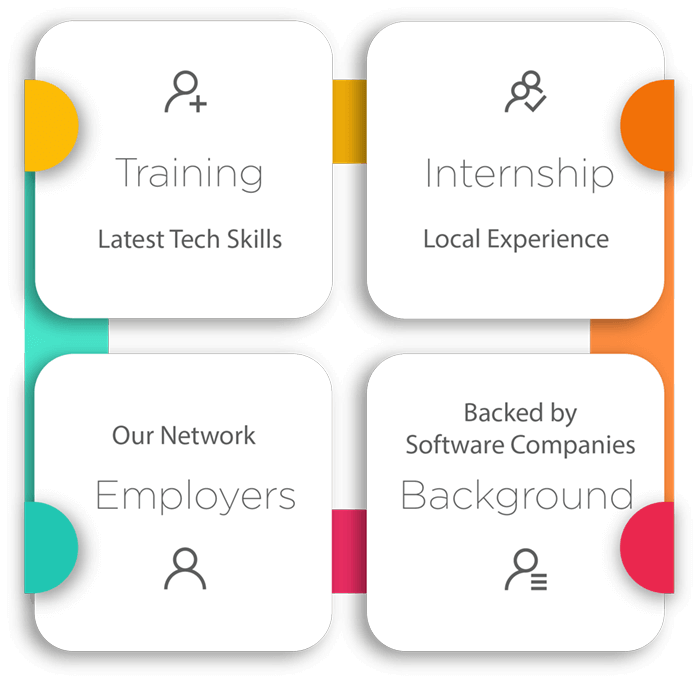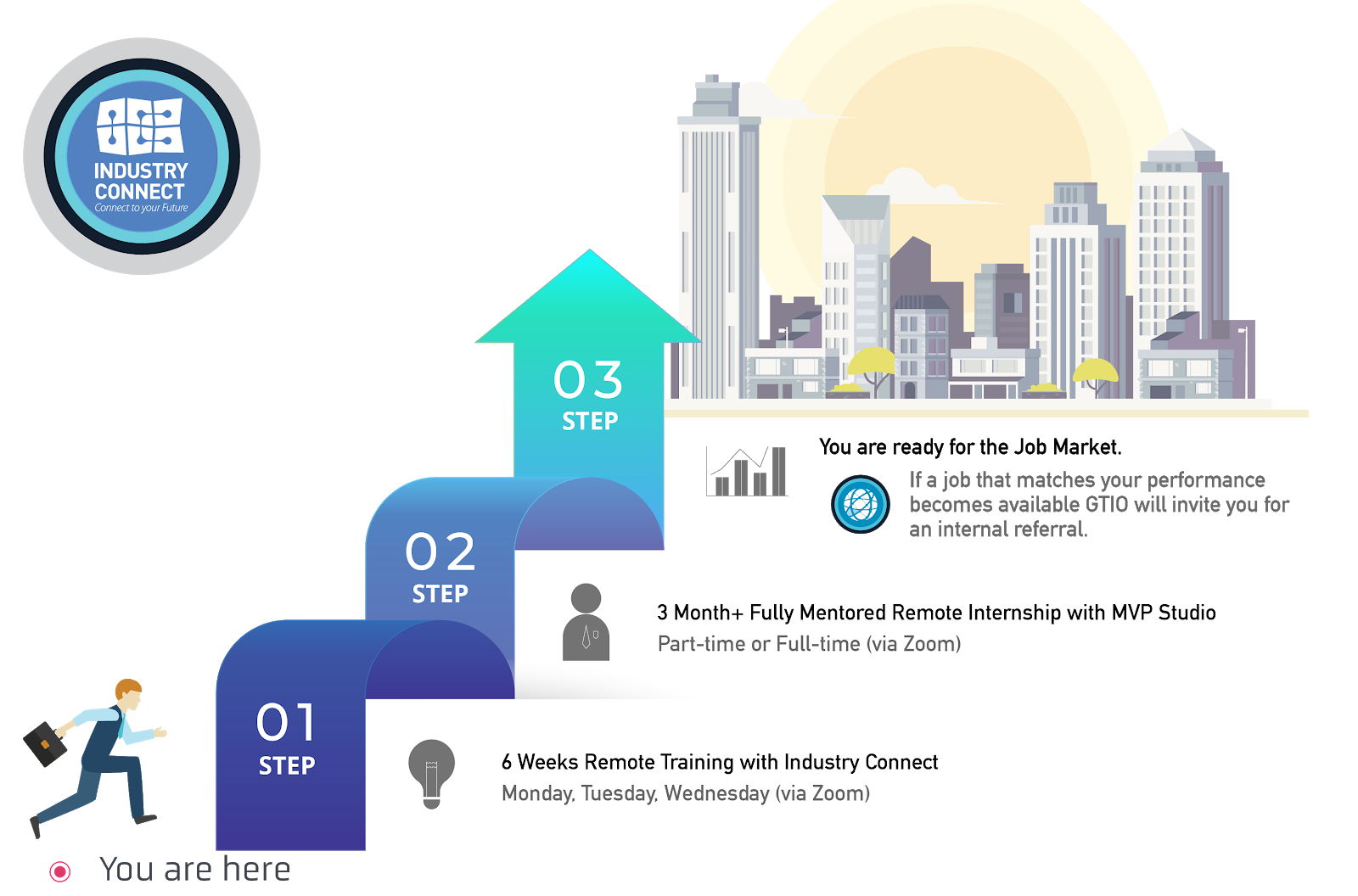In the rapidly evolving world of technology, software development has become an integral part of our daily lives. From the apps on our smartphones to complex business systems, software is the driving force behind innovation and efficiency. However, behind every successful piece of software lies a well-defined process known as the Software Development Life Cycle (SDLC). Understanding the software life cycle is not just a matter of academic interest; it’s a crucial aspect that directly influences the success and sustainability of any software project.
What is the Software Development Life Cycle?
The Software Development Life Cycle is a systematic process that defines the stages a software product undergoes, from its inception to retirement. Although various models exist, the common phases include planning, analysis, design, implementation, testing, deployment, and maintenance. Each phase plays a unique role in ensuring the final product meets user requirements, is of high quality, and is delivered on time and within budget.
Importance of Knowing the Software Life Cycle
- Structured Approach to Development: Understanding the software life cycle provides a structured approach to development. It ensures that developers, project managers, and stakeholders follow a systematic process, reducing the likelihood of chaos and confusion. This structured approach helps in better resource management, leading to more efficient and predictable outcomes.
- Risk Management: The software life cycle allows for the identification and mitigation of potential risks at each stage. By thoroughly assessing requirements, design, and implementation, project teams can proactively address issues before they escalate, reducing the chances of project failure or costly rework.
- Resource Optimization: Knowledge of the software life cycle helps in optimizing resources throughout the development process. By carefully planning and allocating resources based on the specific needs of each phase, organizations can avoid unnecessary costs and ensure that the right skills are applied at the right time.
- Quality Assurance: Quality is a non-negotiable aspect of any software product. The software life cycle incorporates testing and validation phases, ensuring that the product meets the specified requirements and functions as intended. This systematic approach to quality assurance is essential for delivering reliable and error-free software.
- Timely Delivery: One of the key challenges in software development is delivering products on time. The software life cycle helps in setting realistic timelines for each phase, enabling project managers to monitor progress and make adjustments as needed. This, in turn, improves the likelihood of timely delivery.
- Adaptability to Change: The software development landscape is dynamic, with evolving technologies and changing user needs. A solid understanding of the software life cycle allows teams to adapt to changes efficiently. Whether it’s modifying requirements during the planning phase or addressing issues discovered during testing, adaptability is a key factor for success.
- Customer Satisfaction: Ultimately, software development is driven by the goal of satisfying end-users. By following a well-defined software life cycle, organizations can align their development processes with customer expectations, resulting in products that meet user needs and enhance overall satisfaction.
Conclusion
In the ever-expanding realm of software development, the importance of knowing and implementing the Software Development Life Cycle cannot be overstated. It provides a roadmap for success, guiding development teams through a systematic process that encompasses planning, execution, testing, and maintenance. As technology continues to advance, a solid understanding of the software life cycle remains a fundamental requirement for building robust, high-quality software that stands the test of time.
WHAT DOES THE INTERNSHIP WITH MVP STUDIO LOOK LIKE? HOW DOES IT WORK?
What is Industry Connect?
Industry Connect is an IT/Software Career Launchpad that has everything you need
to kick-start your IT/software career in AU, NZ, UK, IE, SG, HK, IN, ID, VN & PH.

We have been helping career changers, recent IT graduates and people with a career gap
to start their IT/software careers.
Over the years, we have helped hundreds kick-start an IT/software career.
(Verifiable evidences are available on this website)
OUR CORE
We are an innovative software training school backed by global/local software companies.
Our ecosystem is an incubation process that supports our participants until they launch
a tech career.

OUR PROGRAMMES
Our Job-Ready training programmes focus on:
- Software Development
- Business Intelligence (or Data Analyst)
- Test Analyst
PROGRAMME STRUCTURE
- Six Weeks Training Classes (Practical Tech Skills)
- Three Months (or more) Structured Internship on Large Commercial-Scale Projects (flexible hours)
- Employer Network (job analysis and internal referral if goals are met)
You can join us via Zoom (live face-to-face meeting) remotely from anywhere and
“download” the valuable knowledge & experiences from our tech experts across
different tech centres.
Watch 300+ Stories of Career Starters in IT/Software
- Career Changers & Switch to IT
- Recent Graduates
- People with a Career Gap
- New Software Developers
- New BI or Data Analysts
- New Test Analysts
Click the image to watch those who changed their careers to IT, had gap years and recent IT graduates.









